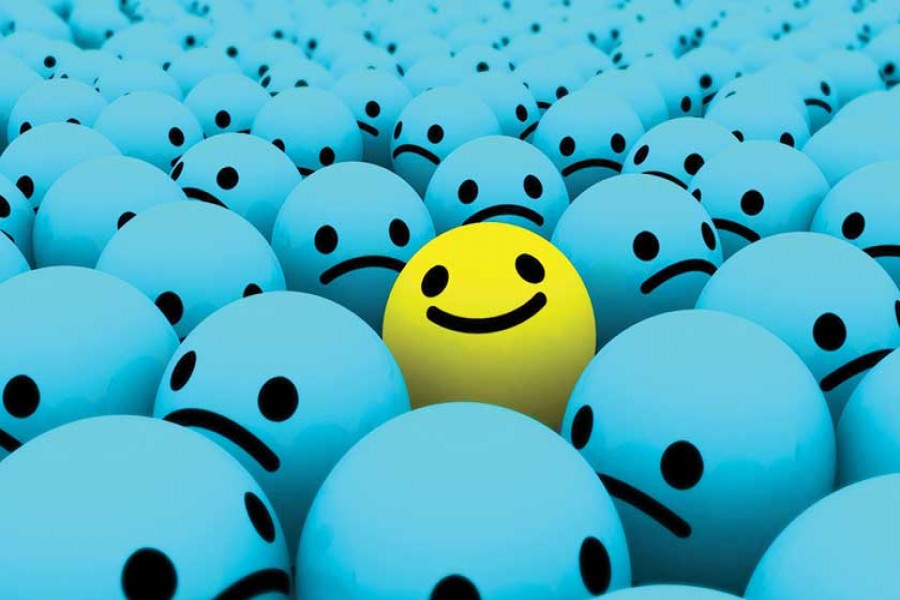Big players are counting big amount of losses and creating big noise, prompting governments worldwide to ready big stimulus packages, just without engaging fully the biggest number, the masses. Still, once called silent, the majority in each country is expressing how pale and anxious the coronavirus outbreak followed by a lockdown has made them -personally,socially and economically.
The collective risks of the Covid-19 infection - responsible for high percentage of death of its patients - have caused more tensions for all.Money, arguably, tops the list. And that financial concern exceeds the challenges people face every day. It's basically the consequence of calculation of loss of money which was, however, yet to come to the pocket of the accountants.
Estimates of loss of GDP remain a puzzle.Bangladesh may lose about Tk 1.2 trillion in gross domestic product(GDP) this fiscal year if we take into account the World Bank's forecast of decline in growth to 2-3 per cent. Globally, it is estimated to be trillions of dollars that are beyond imagination of commoners.
Nobody is sure about 'who will lose what', but some voices and numbers apparently become more prominent. When the loss in value of stocks stood at US$8.0 billion in a single day for Amazon's Jeff Bezos, a Bangladeshi street vendor might have lost the day's income of US$12 maximum (around Tk 1,000) due to the Covid-19 crisis.What would statistics say, in such cases, about the real-life suffering of loss of money for individuals?
However, the reports of fear of recession have influenced governments,civil societies and also working class people. Thus, apparel workers in Dhaka knowwhat a fall in demand in Europe and America means to their jobs and pay. Outside the real sectors as well, people have become concerned about,perhaps, indirect negative effects.
Overall, the most obvious impacts of the coronavirus crisis arethe losses-of production, working hour, consumption, sales, income, classes, or movement of persons and goods- that involve money, at least on paper.There can be debates on whether a sort of mass anxiety is severer than actual amount of losses or vice versa. In any case, people's common companion is frustration that eats into hopes they nurture with endurance in times of crisis.
Gains that are possible in the post-coronavirus worldare rarely in sight of those who only abide by the trends. A few advocate turning crises into opportunities. The clever ones will by this time cash in on the stimulus packages - an opportunity indeed!Scope for business including new ones that will be opened may be considered their patent rights.
Overwhelmed by threats to life and livelihoods, people can't dare dream of making life better next through corrective measures. At least smart youths may try to anticipate if development in its current shape doesn't work, fresh initiatives will open up opportunities for millions.
Neweruse of technology,precisionskills,unique knowledge, or thinking that now appears unconventional will be of higher utility once a new world order unfolds. Despite a broadly agreed globalopinion that the Covid-19 has shattered the entire system and establishment, there may still be resistance to changes.Maybe, people can't dream when it's not a revolutionary situation which too is betrayed many a time.
The post-corona world may offer scope for a healthy lifestyle of living beside near and dear ones, more egalitarian consumption, lesser carbon emission, reduced hostility towards fellow human beings, restraint in leading nations and delivering justice and an atmosphere to think anew. Of course, people would want a more peaceful life and better living conditions but may not be ready still to pay the price required for bringing changes.


